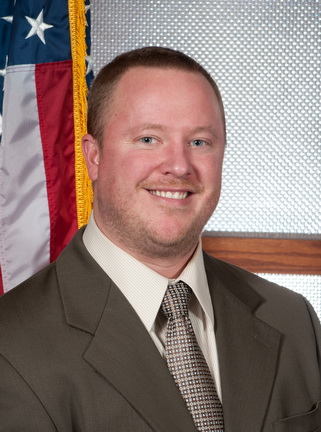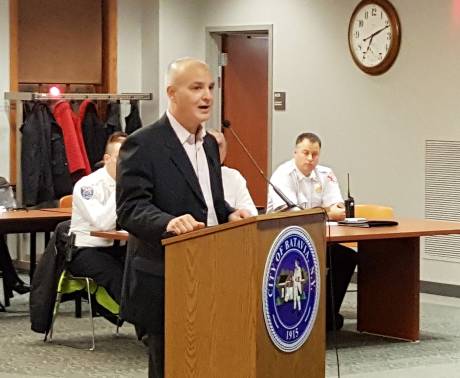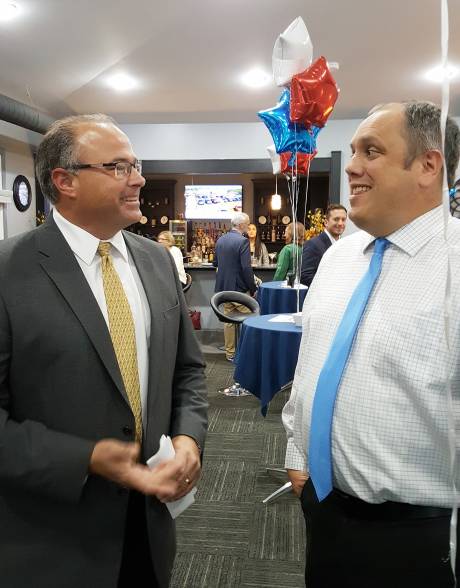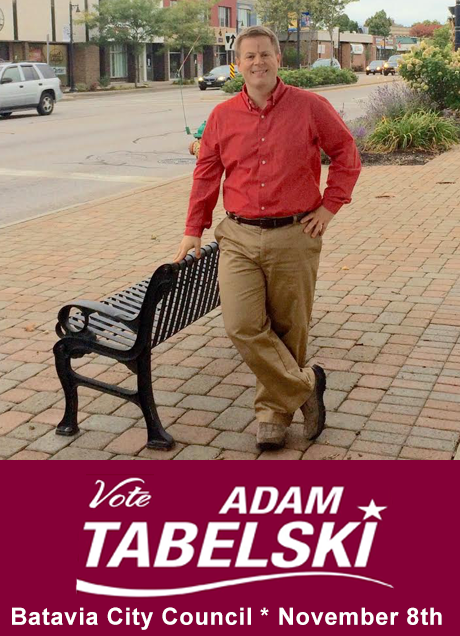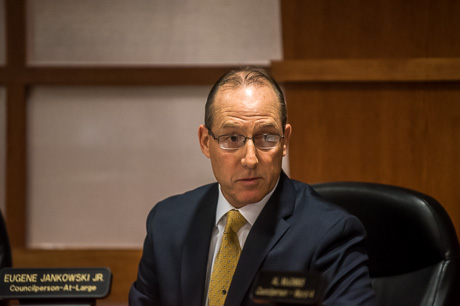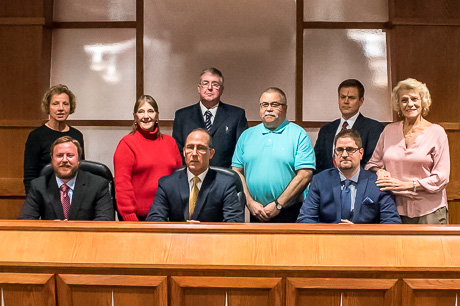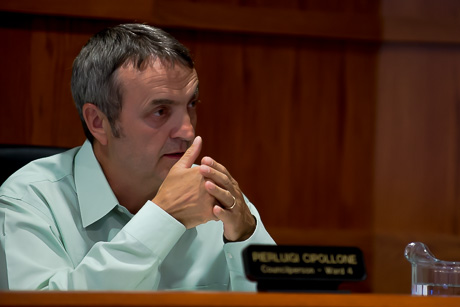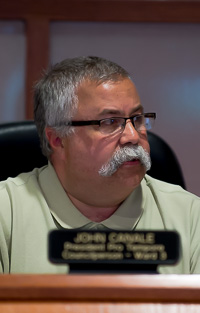Revised sign code public hearing is Jan. 9; Dwyer Stadium lease agreement on the table
Batavia City Council set a public hearing on its amended sign code Monday night, but not before President Eugene Jankowski Jr. made sure three key changes had been made to the regulations.
"They added the 10 seconds like we asked, and also the nonconforming provision and removed the whole section about charging (an annual) fee," Jankowski said prior to the unanimous vote to schedule the public hearing for 7 p.m. Jan. 9 -- the date of Council's next Business meeting.
The revised sign code reduces the amount of time that the message on an electronic digital sign could be changed -- from once every hour to once every 10 seconds. It also eliminates an annual $25 fee that would have been imposed upon a business owner to operate a digital sign, and "grandfather's" in digital signs that currently are located in zoning districts (such as residential and/or Industrial) not authorized to have electronic message boards.
Another important revision is the elimination of county and city planning board reviews and special permits for those seeking area variances (example, changing the size of a sign). Upon passage of the amended code, an applicant would be able to go directly before the Zoning Board of Appeals, thus cutting the time frame of the approval process considerably.
In other action, Council:
-- Approved a resolution authorizing an agreement with the state Department of Transportation for preliminary engineering and design for preventive maintenance of six city streets: Clinton Street, East Avenue, Liberty Street, South Liberty Street, Swan Street and Vine Street.
Council appropriated $60,050 toward this phase of the milling and resurfacing project, which is expected to cost $2.5 million. Eighty percent of the work will be funded through Federal Transportation Funds, with the remaining 20 percent to be provided through a local match.
Councilwoman Rose Mary Christian inquired why Harvester Avenue wasn't included on list, stating that it is "one of the worst streets in the City of Batavia."
City Manager Jason Molino responded that the street's Paving Condition Index did not warrant it to be placed at or near the top of the list, while Councilman John Canale added that the problem is with the "manhole covers that are so sunken in that it's like hitting a pothole -- and you can't avoid them."
-- Authorized renewing the Inter-Municipal City Court Prosecutorial Service Agreement with Genesee County. The contract was set to expire at the end of this year.
-- Agreed to consider a two-year extension of the city's lease and sublease agreement with the Rochester Red Wings and Genesee County Baseball Club for the management of Dwyer Stadium and the Batavia Muckdogs. The current lease terminates on April 2.
Molno said there would be no change in terms and conditions. The agreement also involves the Batavia Regional Recreation Corp. and the Rochester Community Baseball Inc., with day-to-day operations the responsibility of the Red Wings organization and GCBC, and capital improvements the responsibility of the City of Batavia.
The pact also calls for the GCBC to sumbit a capital project plan and budget for next year, to be approved by City Council. Molino said all parties have had preliminary talks about what improvements need to be made for the 2017 season.

